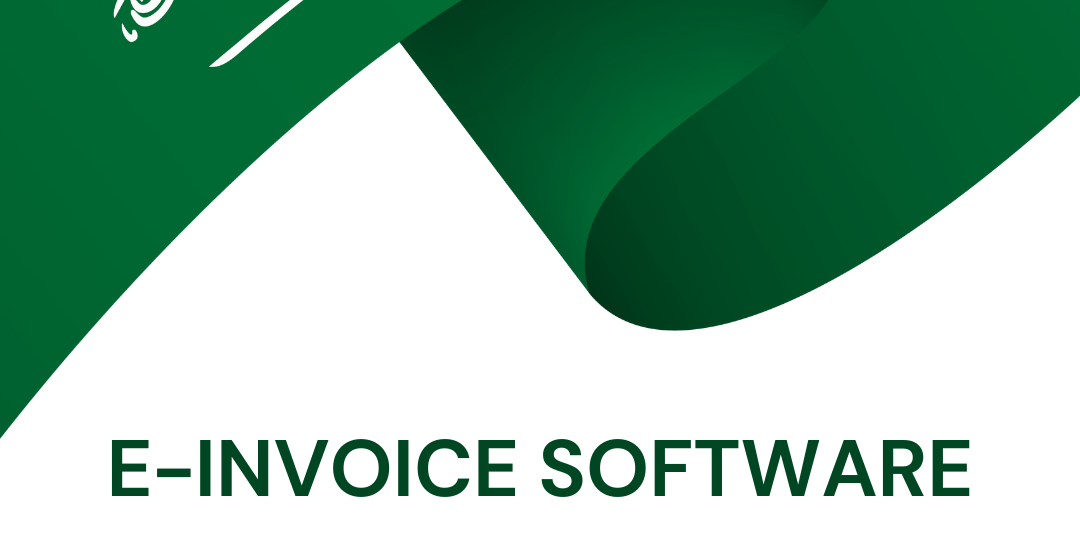
For healthcare businesses in Saudi Arabia, e-invoicing (ZATCA) is mandatory. It is the most important compliance rule in the region today. Understanding both Phase 1 and the critical ZATCA e-invoicing Saudi Arabia Phase 2 is essential to avoid penalties and ensure smooth operations.
This guide from Health Cluster breaks down the two phases of the Zakat, Tax and Customs Authority (ZATCA) system and shows how an integrated solution guarantees your compliance.
What is ZATCA E-Invoicing?
ZATCA e-invoicing is Saudi Arabia’s mandatory system for issuing, receiving, and processing all bills and tax notes electronically. This is part of a global movement called Continuous Transaction Control (CTC).
The entire process is designed to replace paper and simple PDF bills with a secure, machine-readable file (called structured data). This allows the government to verify transactions instantly.
Why It Matters to Healthcare?
For clinics and hospitals, e-invoicing Saudi Arabia requires your system to handle complex claims and services correctly. The biggest risk is using a non-compliant system, which makes your invoices legally invalid.
Phase 1: The Generation Phase
Phase 1, which began on December 4, 2021, set the foundation for e-invoicing Saudi Arabia.
- What was required? Businesses had to stop using paper or manual systems and start using an electronic system to generate all invoices and notes.
- Key Requirement: The e-invoice had to be generated with specific data fields, including the buyer’s VAT number and a scannable QR code.
- Status: This phase focused on generating the bill but did not require connecting the system to ZATCA.
Phase 2: The Integration Phase
ZATCA e-invoicing Phase 2 is the complex stage. It is being rolled out in waves and requires full digital integration. This is the difference between simple digital billing and true ZATCA e-invoicing.
The Two Core Requirements of Phase 2
- Clearance Model (For B2B): For invoices sent to other businesses (like an insurance company), your system must send the bill to ZATCA’s platform for “Clearance” before it is delivered to the customer. ZATCA validates and stamps the bill as final.
- Reporting Model (For B2C): For invoices sent to individual patients, the bill must be reported to ZATCA within 24 hours of issuance.
Technical Requirements for Phase 2 Compliance
Your system must have these features to comply with ZATCA e-invoicing Phase 2:
- API Connection: Your software must communicate directly with the ZATCA FATOORA platform using a secure connection (API).
- Cryptographic Stamp: The invoice must include a unique digital signature that proves the bill’s authenticity and integrity.
- Structured Data: The invoice must be generated in a specific computer format (XML) so ZATCA’s computers can read it instantly.
Global E-Invoicing: Compliance Across Markets
While ZATCA is the strictest mandate in the MENA region, other global markets where Health Cluster operates also have mandatory rules for e-invoicing:
- E-Invoicing UAE (VAT Compliance): The UAE’s FTA has released plans to move toward mandatory e-invoicing, likely using a reporting model or PEPPOL standards. Being ready for VAT compliance is essential.
- E-Invoicing Europe (PEPPOL): Many European countries use the PEPPOL network, a standard for secure cross-border invoice exchange.
- E-Invoicing Singapore (IMDA): Singapore uses the PEPPOL network under the Infocomm Media Development Authority (IMDA) to drive widespread adoption.
- E-Invoicing India (GSTN): India uses the GSTN (Goods and Services Tax Network) portal for its mandatory e-invoicing system.
- E-Invoicing Mexico (CFDI): Mexico uses the CFDI (Comprobante Fiscal Digital por Internet), one of the oldest and most complex CTC models globally.
Why Health Cluster is the Best Choice
Health Cluster is the only solution designed to handle the complexity of ZATCA E-Invoicing Phase 2 while supporting the varied e-invoicing standards across your global operations (including Australia, Indonesia, Qatar, Kuwait, Bahrain, Oman, and Morocco).
Our integrated platform guarantees your compliance and removes the risk of non-compliance, allowing you to focus on patient care.
Conclusion
Compliance with ZATCA e-invoicing Saudi Arabia is now a core operational necessity. The successful transition into ZATCA e-invoicing Phase 2 requires a specialized e-invoicing solution that can integrate perfectly with your existing systems.
By securing a solution with guaranteed, up-to-date compliance and a proven track record in the MENA region, you future-proof your business against regulatory risk and unlock maximum automation.





